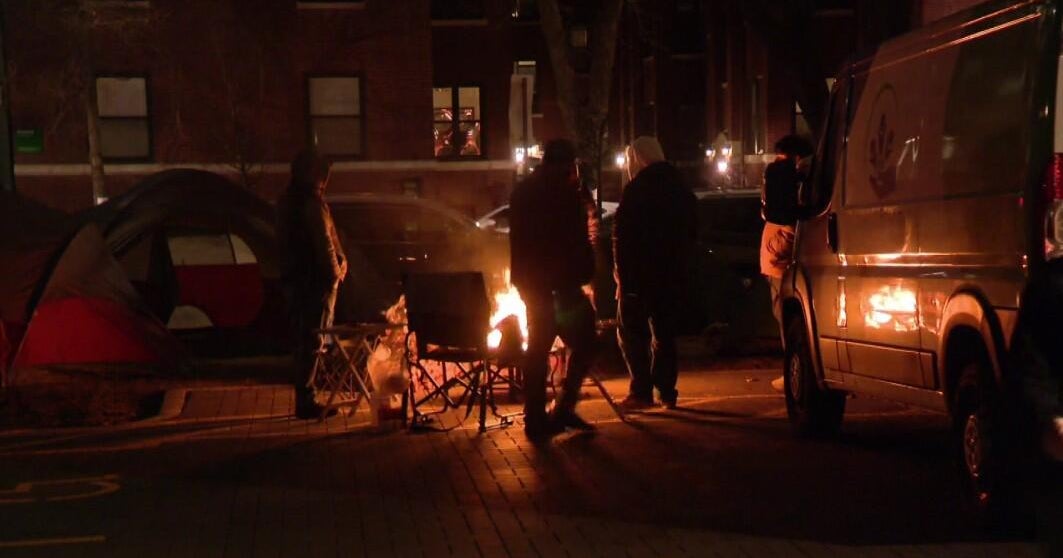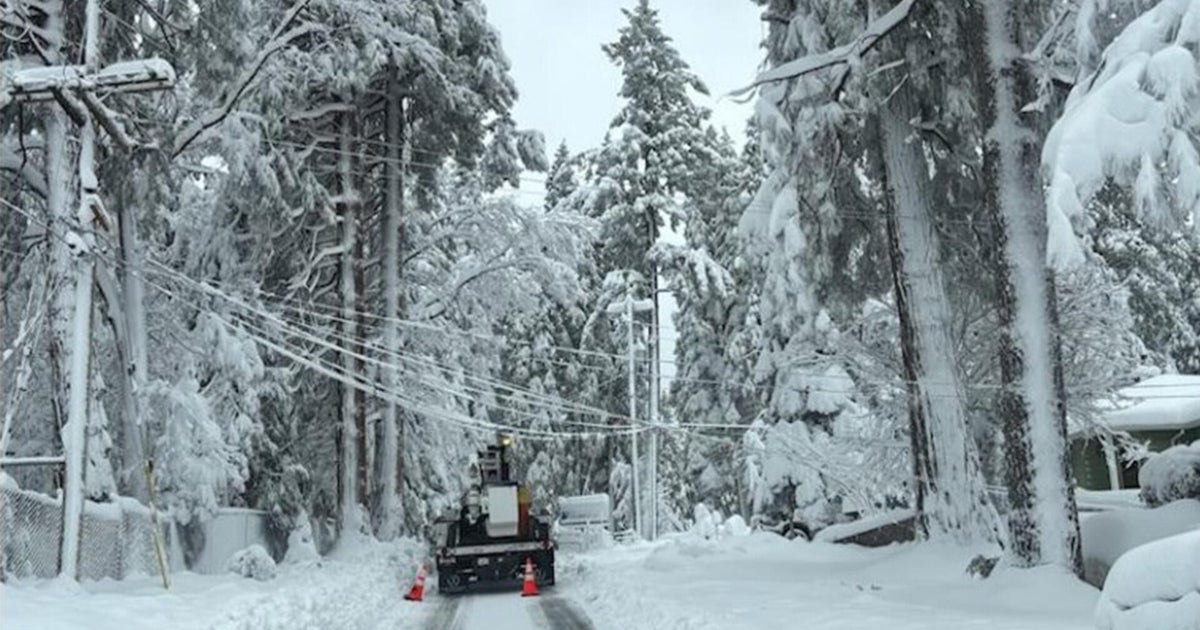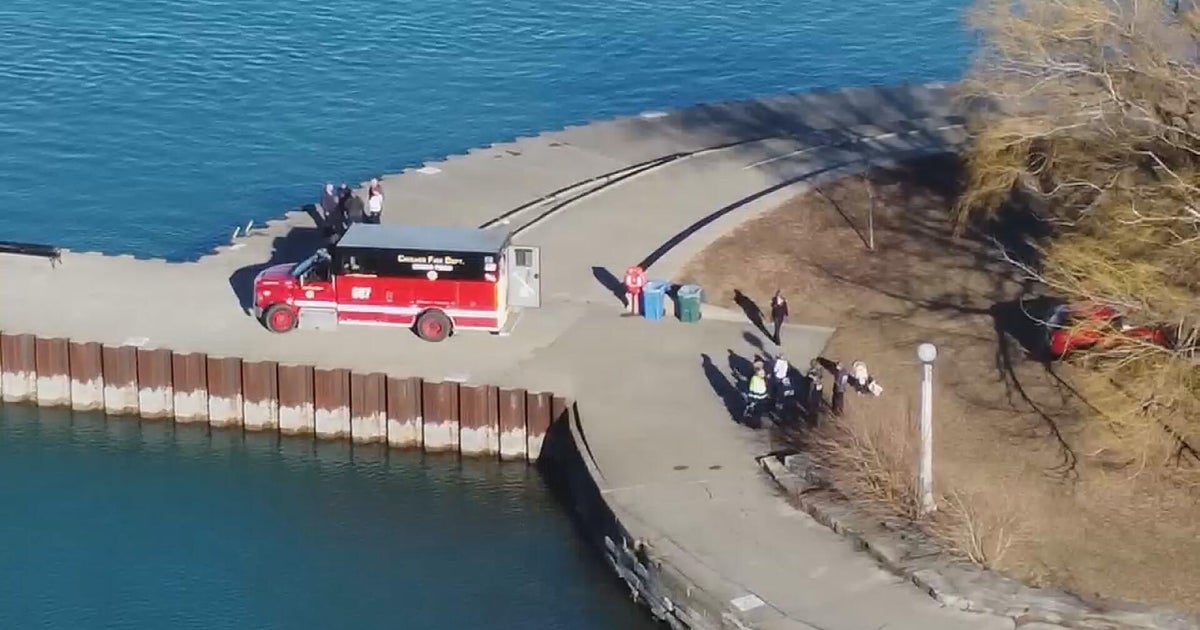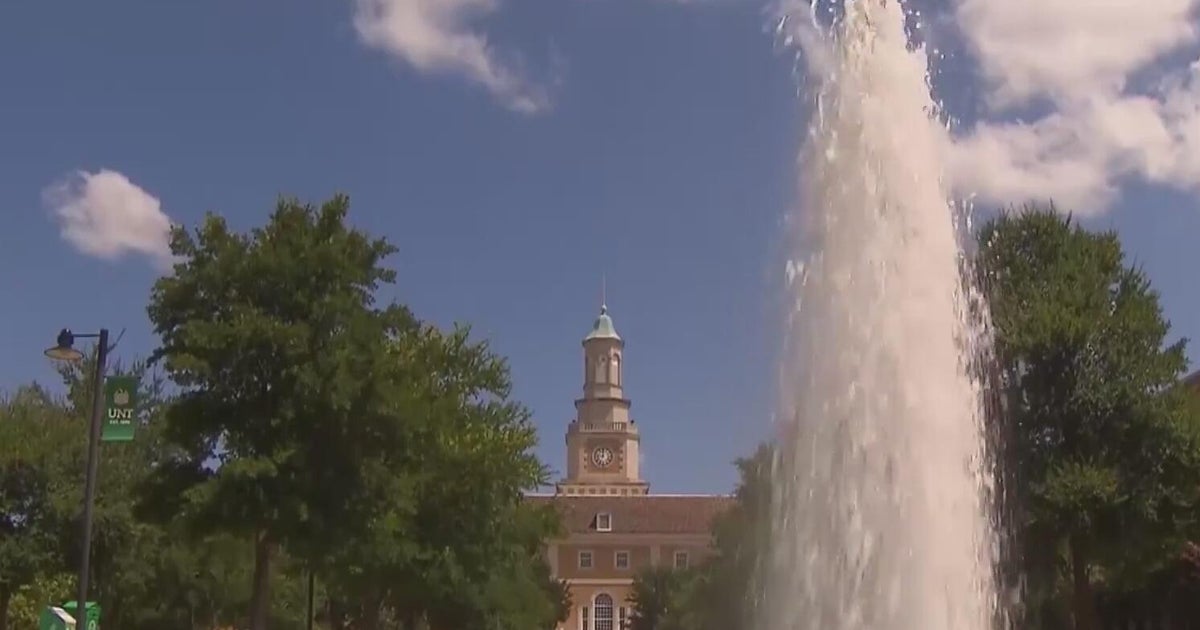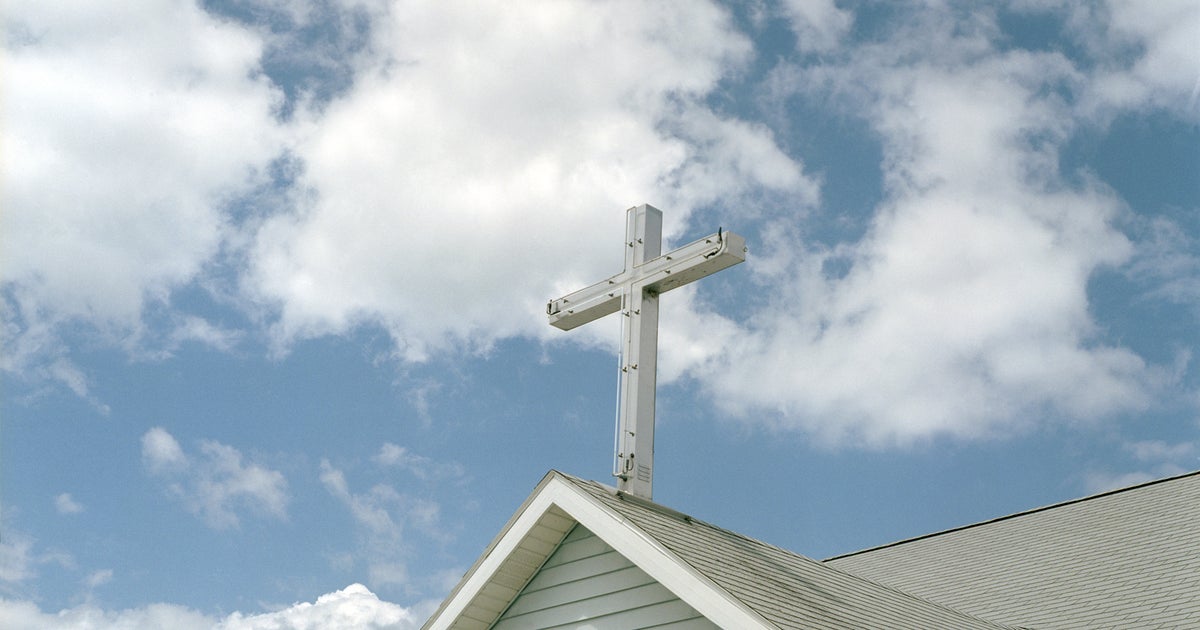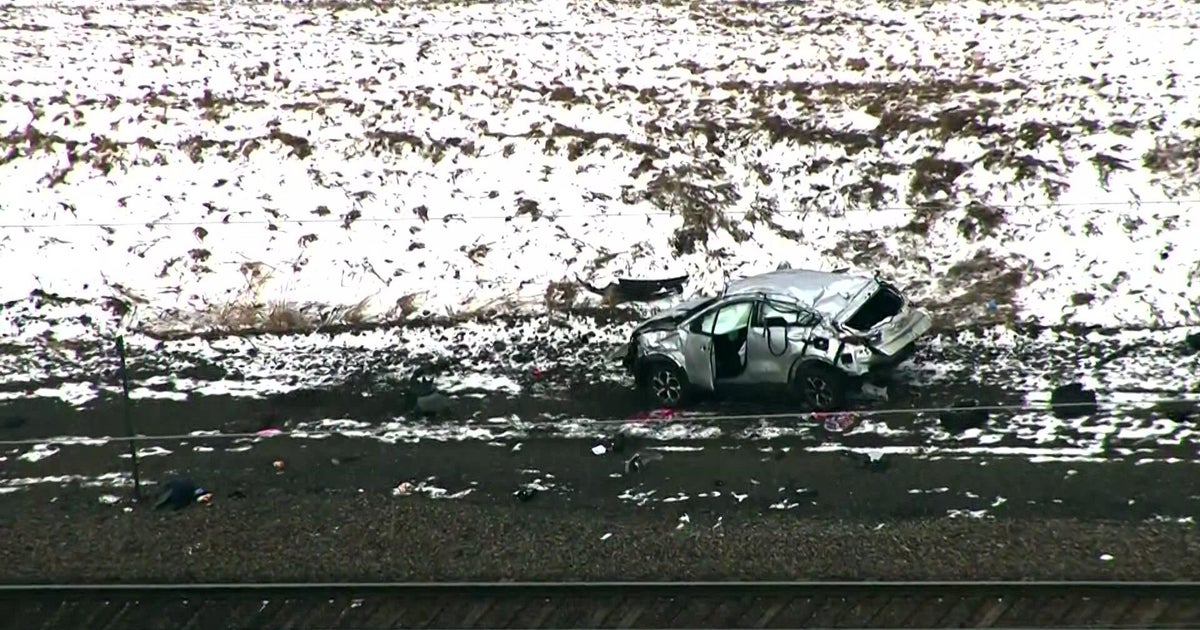Chicago struggles to shelter thousands of migrants, with more arriving each day
Chicago — After a long journey by bus from Texas, the commuter train ride into Chicago is probably the shortest trip for arriving migrants.
With temperatures plunging, so are their fortunes as they arrive only wearing t-shirts and blankets in a city struggling to keep up.
Nearly 15,000 migrants are in Chicago shelters, according to data from the city's Office of Emergency Management and Communications, while another 550 are currently waiting for beds.
With no place to go, some are sleeping in tents, city buses and even at Chicago's O'Hare International Airport.
John Zayas, senior pastor at Grace and Peace Church, has been on the frontlines since the first bus of migrants arrived in Chicago in August 2022. In total, more than 32,000 migrants have arrived in Chicago since that time, per city numbers.
Zayas is part of the 17-church citywide Unity Initiative, designed to find migrants temporary shelter. So far, Zayas has helped resettle over 400 of them.
"The issue is that it's coming so fast, and it's hard for us to catch our breath," Zayas said.
Many, like Jason Urdaneta from Venezuela, end up sleeping in tents, braving the cold temperatures.
Urdaneta was a mechanic in Venezuela. But he says that wasn't enough to live on.
"My job didn't pay enough to get by back home," Urdaneta said.
Fortunately for him and the other waiting migrants, their chance for a warm bed finally arrived.
"It's hard to see when a human life is used for a statement or a political movement," Zayas said.
The lack of shelter is widespread. New York City and Denver have also received thousands of migrants. Last month, New York City Mayor Eric Adams and Denver Mayor Mike Johnston joined Chicago Mayor Brandon Johnson in calling on the Biden administration to provide them with significant federal resources to handle the influx.
"All of our cities have reached a point where we are either close to capacity or nearly out of room," Johnson said in a virtual meeting with other mayors on Dec. 27.
The Chicago City Council last month also approved an ordinance that calls for fines and other penalties for bus companies that drop off migrants without notice or outside the city's designated landing zone. Several surrounding suburbs have followed suit with similar restrictions.
Chicago spent $138 million last year to house and care for migrants. But as migrants continue to arrive, Chicago Alderman Andre Vasquez fears the situation may not be sustainable.
"Our ability to be able to handle it, when it's funds that are coming from the city, when it comes to staffing levels, that becomes the challenge," Vasquez said. "And so when you think about the capacity challenges, that is very real."
Zayas continues to look anywhere and everywhere for migrants like Urdaneta to stay the night.
"So it's kind of keeping that wheel rolling as people are moving and finding places to go and work," Zayas said.
